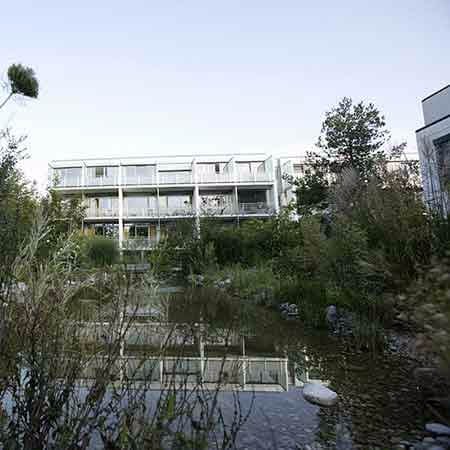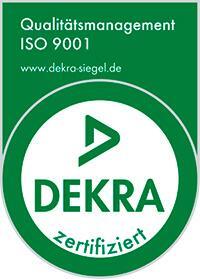About the disease
Pheochromocytoma is a tumor of the adrenal gland. It is benign, meaning that it will not spread to other organs and it is not cancerous. It usually develops in one of the adrenal gland. In rare cases two glands can be affected. Adrenal glands produce many hormones vital for proper functioning of the body. Mostly they are responsible for regulating blood pressure, metabolism and they also help the person deal with stressful and unexpected situations by controlling reactions of the body. Adrenal glands also produce adrenaline, hormone, which is produced in situations when a person is in danger and helps the person to self-preserve. Adrenal glands are located above the kidneys.
In people who develop pheochromocytoma adrenal glands can not function properly. A person starts to suffer from continuous high blood pressure. If not treated on time, pheochromocytoma can severely affect the cardiovascular system of the person and also result in different complications, such as stroke or kidney failure.
According to Mayo Clinic, this condition is most common among middle-aged people from 20 to 50 years of age. Nonetheless, there were instances when pheochromocytoma developed in people in other age groups.
Overall, pheochromocytoma develops right in the middle of adrenaline gland in the cells, known as chromaffine cells. These cells are responsible for releasing adrenaline. People with pheochromocytoma start to release adrenaline even in not stressful situations and as a result develop high blood pressure, because when a person is in danger, his/her organism switches on the defence reaction, which also makes his/her pulse and heart rate to go up.
Symptoms
- Constant high blood pressure
- Tachicardia
- Headaches
- Paleness
- Unexplained weight loss
- Weakness
- Fatigue
Diagnosis
- During a general examination the doctor will listen to the heart to determine if there are any abnormalities which can be causing high blood pressure.
- The doctor will ask if the patient has any heart conditions.
- Blood and urine tests are important to assess levels of released adrenaline and other hormones of the adrenal gland to determine if adrenal glands function properly. The patient will be asked to store samples of his/her urine for all the times they go to the toilet during the period of 24 hours. It will let to analyze the results more efficiently. These tests are also important to rule out possibility of an infection which can be causing similar symptoms.
- Imaging tests, such as an ultrasound or CT scan, are important to identify which adrenal gland was affected by the tumor, what is its size and also exact location.
Treatment
- Surgical resection is the most efficient treatment of pheochromocytoma. Before the surgery the patient may be asked to take special drugs aimed to lower the blood pressure. The patient may also need to follow special diet.
- Tumor may be resected with laparoscope,which is a minimally invasive way to do it.
Authors: Dr. Vadim Zhiliuk, Dr. Sergey Pashchenko
















